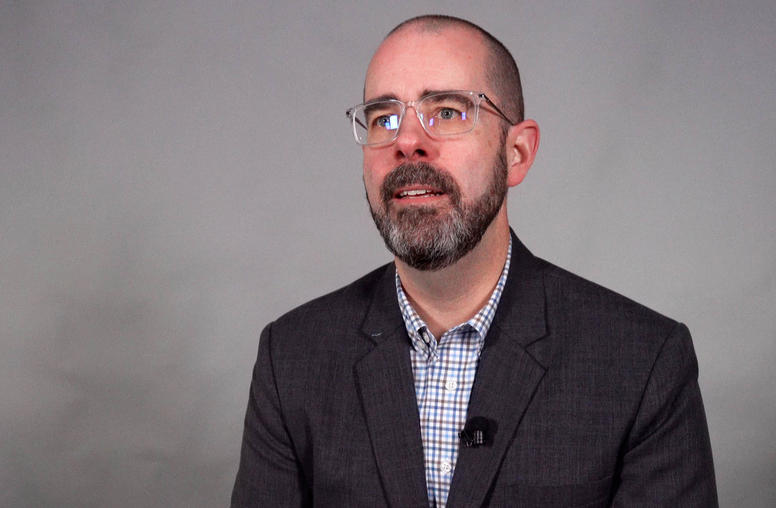
The Kingdom of Saudi Arabia called for an extraordinary summit with the Organization of Islamic Cooperation (OIC) from August 15-16 in Mecca during the last week of Ramadan, Islam’s holy month of fasting. After the United Nations, the OIC is the second largest international organization with 56 member states focusing on political, social and economic cooperation among Muslim-majority countries.
In an unusual and historic move, the foreign ministers at the OIC summit signed a resolution to expel Syria from the international body. The Syrian dictator Bashar al-Assad may view the OIC resolution as primarily symbolic because Assad had never emphasized OIC support in his Baathist socialist government.
Still, this resolution didn’t go without controversy as Iranian Foreign Minister Ali Akbar Salehi said, “By suspending membership, this does not mean that you are moving toward resolving an issue. This means that you are erasing the issue. We want to really resolve the issue.” Iran opposed the decision to suspend Syria and publically stated they oppose any international interference in Syria’s domestic affairs.
Even if just a symbolic move, OIC’s expulsion of Syria further isolates the country from Muslim-majority countries and visibly demonstrates Syria’s alienation from the Muslim world, adding pressure on Iran, China and Russia to end their support of Assad.
The subtext of the OIC summit is a not a Sunni-Shiite cold war in disguise, as some analysts have suggested. Instead, using institutions like the OIC, Muslim World League, and Islamic Development Bank, etc. is a move to return to stability following the Arab Spring, and more importantly, send a message to other authoritarian regimes in the Middle East and North Africa that they cannot resort to incessant killings of civilianswithout consequences. The objective is not to change all undemocratic regimes, just particular regimes that stray away from the greater interest of keeping the region stable.



